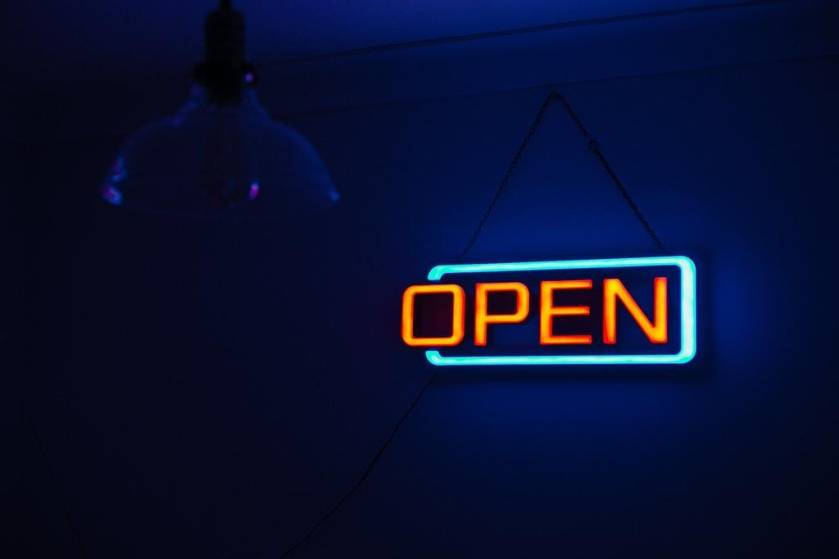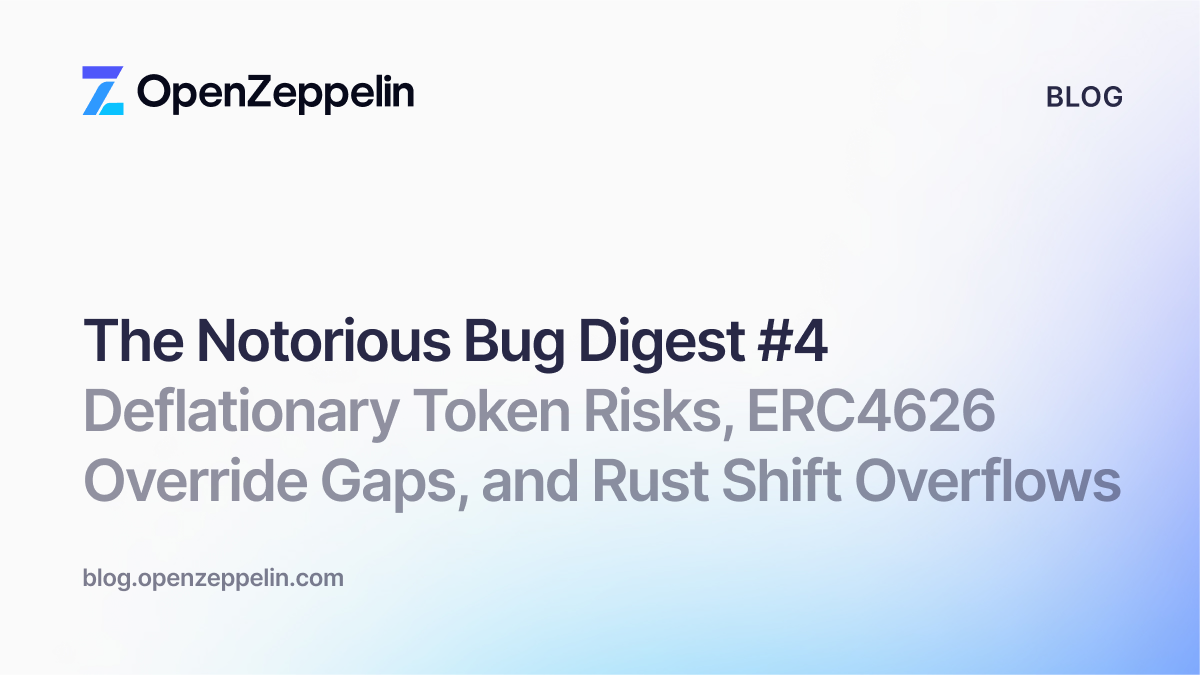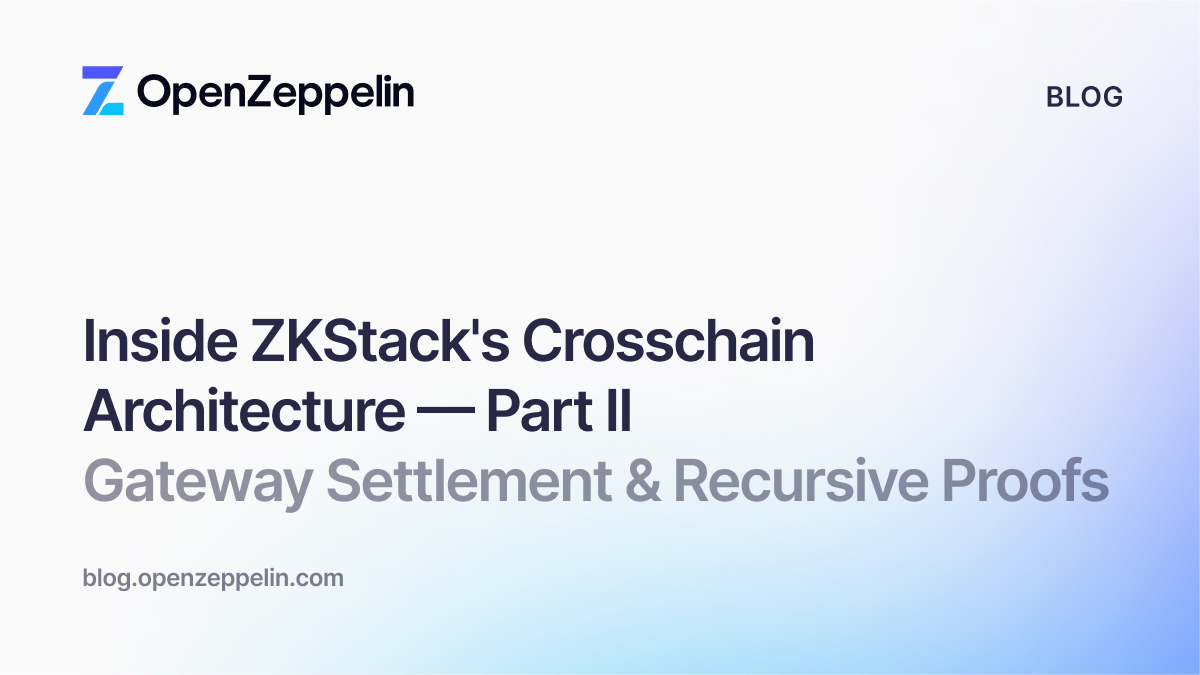This is a follow up on my previous post on Tokens and Crowdsales. If you are new to the subject, I recommend reading it first.
There are now 50+ projects that have raised a combined $250m+ issuing and selling their own tokens on a blockchain. This represents a new way of starting companies, where many of the established rules about building and investing in businesses don’t apply.
At Smart Contract Solutions, we’ve spent the past year talking, working and collaborating with 20+ projects in the space. We began working on Zeppelin and performed public and private code audits for some of these projects.
During this time, we identified 4 main challenges faced by projects following the token/crowdsale model, as well as the most frequent ways to tackle them:
- Designing the right incentives in their network
- Ensuring the security of their source code
- Making money beyond token appreciation
- Making sure financial regulatory authorities do not label their tokens as securities
Designing the right incentives in their network
White papers became the default medium to describe how a network’s economic ecosystem works. They describe in technical terms what its rules, players and economic incentives are.
White papers are hard to write and take a long time to read and understand. There are funds, research firms and analysts who read these papers and do project due diligence for users and investors to digest. For them, white papers are the new S-1’s.
With respect to network rules, distributed governance and decision-making is still an open area of research. There are hard game theory issues that emerge from a network design that are hard to predict, such as in the case of EtherCamp’s Virtual Accelerator. There are several projects in the space, such as Colony and Boardroom, working on governance protocols which will benefit the whole ecosystem.
Ensuring the security of their source code
Code audits, security patterns, research papers and community-driven frameworks have emerged in the past 6 months in response to TheDAO scandal.
At Zeppelin, we did public code reviews for EtherCamp’s and ArcadeCity’s Tokens based on industry security best practices. These security patterns were incorporated into Zeppelin’s open-source framework for projects to make use of them.
There are a number of people working on formal verification of smart contracts as well. Formal verification aims to prove or disprove the correctness of a contract using formal methods of mathematics. This technique is widely used in the aerospace industry and Amazon’s AWS.
In the past few months, Yoichi Hiraid join the Ethereum project to lead formal verification efforts, and Microsoft published a paper on the topic. Yet, we haven’t seen production ready tools that work for Solidity.
Contrary to what many people believe, formal verification is not the ultimate solution for smart contract secure development, but a complement to more practical and empirical methods. Rigorous analysis and testing of contracts is still required.
Making money beyond token appreciation
Tokens can be thought of as open network’s equity. They appreciate as the network grows and can be used to finance its development. Initial founders in charge of building and promoting the network are usually rewarded with a fixed share of the issued tokens.
However, token appreciation per se does not generate regular revenue streams to the founding company. We’ve seen 3 different ways to generate continuous income:
- Participating and building a strong business in the open network: OB1 selling goods on OpenBazaar.
- Building products or services on top of the open network: email is an open protocol and we have Gmail, Hotmail and Yahoo as service providers with spam filters and friendly UX.
- Designing the network to reward Token holders with dividends: in the case of Digix Global, DGD token holders receive a reward on the transaction fees of the Digix Gold Network.
Making sure financial regulatory authorities do not label their tokens as securities
At first glance, issuing and selling tokens just looks like a new way to raise money, in the same way a company issues and sells stock to raise capital. If that were the case, doing a public offering of tokens without the authorization of local financial regulatory authorities would be considered illegal.
But in reality, the power of these tokens goes beyond our understanding of traditional securities. To prevent them being labeled as such, we’ve seen projects design their networks taking some of the following measures:
- Preventing situations where a single company has control over the tokens, or is able to change the code that will alter their functionality.
- Making sure the network’s operation is independent from a single company, and there’s nothing a company can do to amend or stop it.
- Developing the smart contracts where names of variables and functions indicate functionality, not authority.
These are some of the main challenges faced today by projects building open networks using the token/crowdsale model. As more companies, developers and investors enter the space, we’ll see new solutions and new challenges emerge.

The token/crowdsale model is a new and better way to build and fund the development of open networks and economically reward its participants.
We believe many businesses built on proprietary networks will eventually be replaced by open and public networks created under this model. These businesses include financial systems, social networks and marketplaces, among others.
There are smart people from all over the world collaborating to build the infrastructure for this new and open economy. As in every new field, there are many open questions to be answered and lessons to be learnt. Exciting times ahead!


